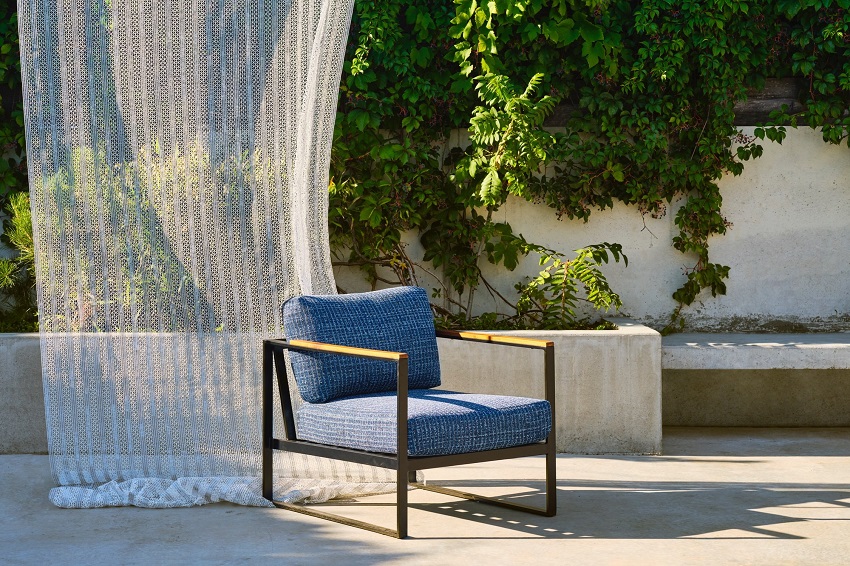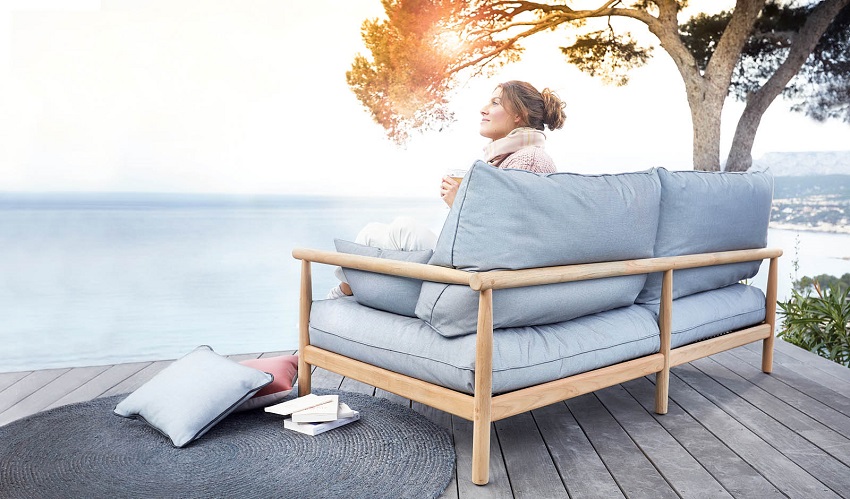If you’re familiar with the world of interior design, furniture, or upholstery, you might have come across the term “contract grade material.” But what does it actually mean, and why is it essential for various projects? In this article, we will delve into the concept of contract grade material, exploring its characteristics, applications, and benefits. Whether you’re a professional in the industry or a curious individual, let’s explore this topic together. The content is brought to you by Decoracaos.com.
Introduction to Contract Grade Material
Contract grade material refers to specific fabrics, textiles, and materials that are specially designed to meet the rigorous demands of commercial use. Unlike residential settings, where furniture and fabrics may face minimal wear and tear, commercial environments experience heavy traffic, spills, and constant usage. As a result, contract grade materials are engineered to be highly durable, long-lasting, and resistant to various stresses.
The Importance of Durability
In commercial spaces such as hotels, restaurants, offices, and healthcare facilities, furniture and upholstery must withstand constant use by different individuals. Do you know what does contract grade mean? Contract grade materials are engineered with durability in mind, using high-quality fibers and construction techniques to ensure they can withstand the test of time. This frequent handling can lead to wear and tear, potentially causing fabrics to fray, fade, or lose their structural integrity.
Characteristics of Contract Grade Material
Contract grade materials possess several key characteristics that make them stand out from regular residential fabrics:
1. Abrasion Resistance
One of the most critical aspects of contract grade materials is their resistance to abrasion. High-quality fabrics used in commercial settings should have a high rub count, indicating their ability to withstand friction and rubbing without showing signs of wear.
2. Stain Resistance
In bustling commercial spaces, spills are bound to happen. Contract grade materials are treated to be stain-resistant, making them easy to clean and maintain even after accidental spills.
3. Flame Retardancy
Safety is paramount in any public setting. Contract grade materials often meet strict fire safety standards, reducing the risk of fire hazards in commercial environments.
4. Colorfastness
Contract grade materials are designed to retain their colors over time, even with prolonged exposure to sunlight or cleaning agents.
Applications of Contract Grade Material
Contract grade materials find extensive use in various commercial settings due to their durability and reliability. Some common applications include:
1. Hospitality Industry
Hotels, resorts, and restaurants require furniture and upholstery that can handle constant use without losing their appeal.
2. Corporate Spaces
Offices, conference rooms, and co-working spaces benefit from contract grade materials that offer comfort and longevity.
3. Healthcare Facilities
In healthcare settings, hygienic and easily maintainable contract grade materials are crucial for patient well-being.
4. Education Sector
Schools and universities use contract grade materials for their furniture to withstand the wear and tear of students.
Benefits of Using Contract Grade Material
Investing in contract grade materials for commercial projects brings several advantages, including:
1. Longevity
Contract grade materials are built to last, reducing the need for frequent replacements and saving costs in the long run.
2. Aesthetics and Versatility
These materials come in a wide range of colors, textures, and patterns, allowing designers to achieve the desired aesthetic without compromising durability.
3. Peace of Mind
Knowing that the furniture and upholstery are constructed with contract grade materials provides peace of mind to business owners and managers.
In conclusion, contract grade material plays a pivotal role in commercial design and furnishing. Its durability, resistance to wear and tear, and adherence to safety standards make it an ideal choice for various industries. Whether you’re designing a hotel, office, or healthcare facility, choosing contract grade materials ensures that your project will stand the test of time.
FAQs
Is contract grade material suitable for residential use?
While contract grade materials are primarily designed for commercial settings, they can also be used in residential spaces where high durability and stain resistance are required.
How can I identify contract grade material?
Look for labels or certifications from manufacturers indicating that the material is designed for contract use or meets specific industry standards.
Are contract grade materials eco-friendly?
Some manufacturers produce contract grade materials using sustainable and eco-friendly practices, but it’s essential to check for specific certifications or information from the supplier.
Can I clean contract grade materials with regular household cleaners?
It’s best to follow the manufacturer’s cleaning instructions to maintain the material’s integrity properly. Some materials may require specific cleaning agents.
Do contract grade materials compromise on comfort?
Not necessarily. Contract grade materials are engineered to be durable, but many options offer both comfort and longevity, making them suitable for various applications.






